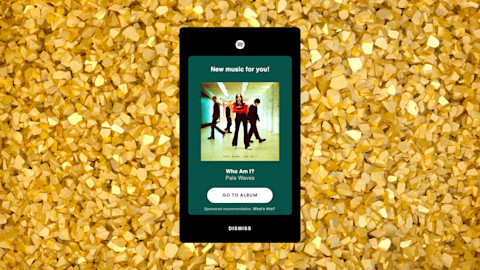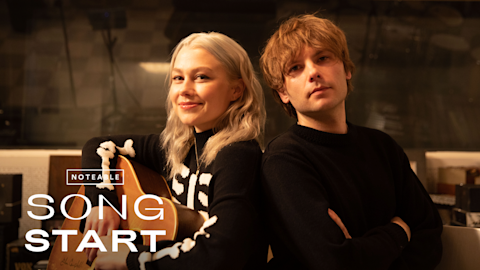Nailing down the particulars with the venue ahead of time will help ensure a smooth performance.
Live shows are a massive symphony of moving parts and external variables, and it's unwise to leave any of it to chance. The key to a quality, smoothly run gig is a well-executed advance. An advance is a document (often electronic) sent either by the touring party or the venue that informs both sides about what to expect. It can specify what kind of gear will be available to use, what the parking situation will be, any meal arrangements, and even, in some cases, sleeping accommodations. Working out those details ahead of time is the best way to prevent many hiccups that might send the show into a tailspin.
We talked to two veterans of the advance, both of whom have worked on either side of the fence. Dan Oestreich is a former owner of the much-loved Acheron in Brooklyn and current production manager for Saint Vitus, and has worked on the production side of several festivals and also has extensive experience with touring parties, doing U.S. and EU jaunts with Savages, Iceage, World / Inferno Friendship Society, and many others. Aaron Sainz is the current manager of Psychic Ills and True Widow, among other bands, and works as a talent buyer for the esteemed L.A. club Zebulon. His touring experience is similarly extensive, logging dates with artists including Kurt Vile, Jenny Hval, and, most recently, Boris.
Spotify for Artists: What is an advance, in your words?
Dan Oestreich: The purpose of an advance is to foster understanding between the artist and the venue. It’s usually an email between the two that gives a listing of what the venue has and what is available to the artist—which can be two very different things. On the artist side, it’s the opposite scenario, so the venue can be prepared to deal with what is coming in the door. A good example might be if a band travels with their own mixing console— it is never good to show up and have that be surprising news for a venue. A production requirement like that is something the house engineer is always going to want to know and be prepared for ahead of time.
Aaron Sainz: I see the advance as the beginning of a relationship between the promoter, the club, and the artist. The more you tour, the more you realize that the people that you meet always move up, so going into it you should make sure that you treat them with respect, and the first step to that is a strong and early advance. Communication is key to a strong relationship in any field.
What are the key components of the advance?
Sainz: The advance should contain all of the following information: address, club name, full run of show—including load-in, soundchecks, and set times—details on catering/buyouts, Wi-Fi information, parking details, curfew, backline, stage plot, and much more. In addition, I’ve asked for details on laundry facilities, showers and bathroom details, even the surroundings in the area—food, safety, etc.
What do you think is the most common mistake with advancing?
Oestreich: Well, the most common mistake is not advancing at all. A band might need a bass cabinet in order to perform and maybe that was sent out for repair and if the venue doesn’t know, that could lead to a lot of scrambling. But it becomes a real problem when a band omits information from the advance, which could cause a real issue for the production crew.
Sainz: No detail is too small. For some people, the lighting is a key component of the performance, and preparing for that is crucial. Every band is different, so knowing the intricacies from venue to venue is important. In one instance I can think of, a band didn’t advance that they needed a projector, and it completely changed the band’s live show to its detriment.
What are some potential outcomes of a poorly crafted advance?
Oestreich: It’s really a domino effect. Say that you don’t know what time load-in is—you might arrive too late, which could kill soundcheck, ruin your ability to set up merch effectively, eat, prepare for the gig, etc. Knowing all the variables, or at least being aware of them, will have a profoundly positive effect on performance.
Sainz: A bad advance can also lead to bad attitudes at the venue, which can affect performance and the desire to have the artist return.
Anything specific that you want to add about bands and advancing shows?
Oestreich: If you want something, ask for it.
Sainz: Be understanding that the club is fielding a lot of these advances, so try to be as clear, to-the-point, and efficient as possible. Don’t be afraid to follow up and ask questions.
—Fred Pessaro
Popular Stories
video
How Julia Wolf Made It




